«AGROECOLOGY SCIENCE DAYS »
University of Lausanne, Switzerland
3, 4 October 2024
“Agroecology Day for All” in Lausanne on 5 October 2024
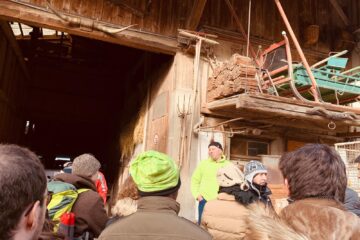
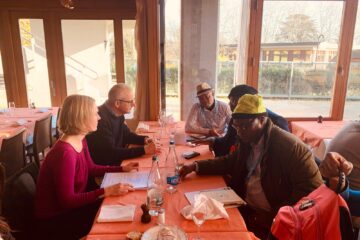
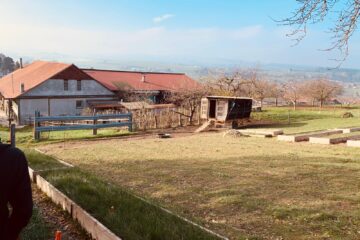
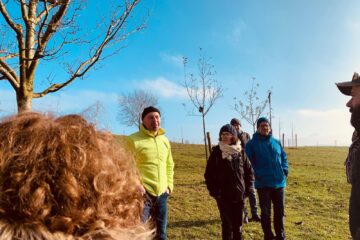
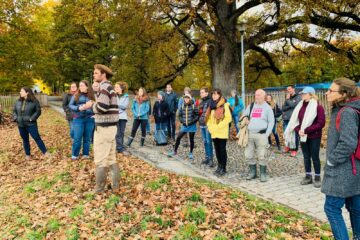
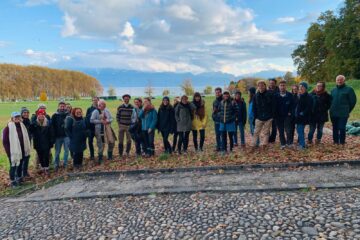
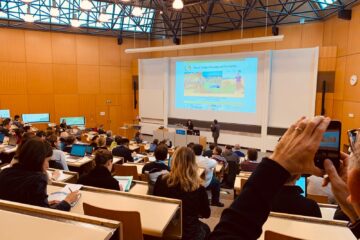
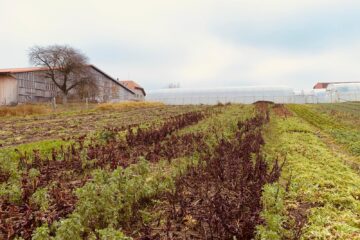
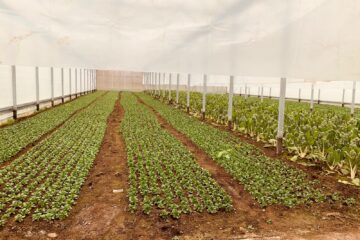
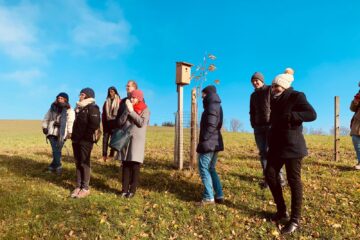
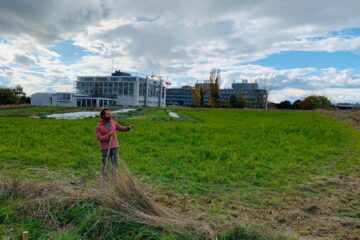
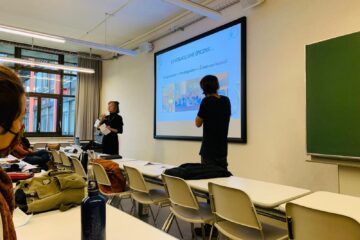
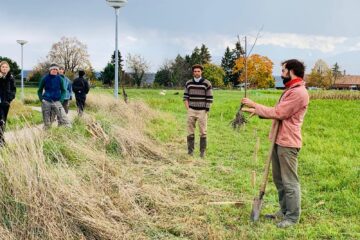
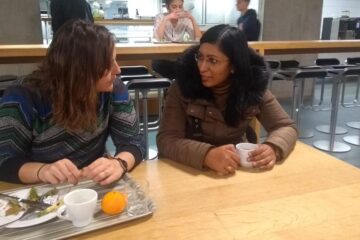
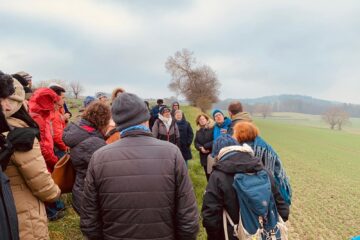
Scientific symposium organised by the UNIL Institute of Geography and Sustainability, the Enterprise for Society Centre, the Forum Origin, Diversity and Territories and the agroecology network in French-speaking Switzerland
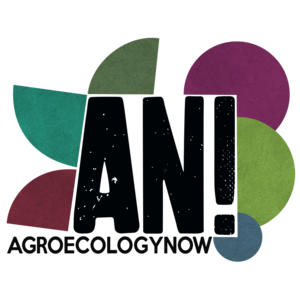
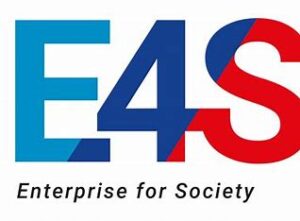



About Agroecology Science Days
Food systems face critical challenges like climate change and societal expectations, necessitating transformative action.
Agroecology emerges as a key solution, promoting sustainable practices and social equity.
Agroecology Science Days aims to convene experts and stakeholders to explore agroecological principles’ role in shaping food systems.
The event will feature workshops covering topics such as respecting planetary limits, agricultural diversity, and the social dimensions of food systems.
Dates: sync them with your calendar
Location: University of Lausanne, Switzerland
Dates: 3, 4 October 2024
“Agroecology Day for All” in Lausanne on 5 October 2024
Location
Organisers
- Institut de Géographie et Durabilité
- Enterprise for Society
- Forum Origin, Diversity and Territories
- Plateforme romande de l’agroécologie
Programme
Access the full programme here:
- 3 – 4 October 2024 at UNIL in the GEOPOLIS and IDHEAP buildings – At the Vortex on the afternoon of the 4th , consisting of group and plenary discussions between researchers, national and international agriculture, food and cooperation agencies, local and regional leaders, international experts and producers.
- 5 October 2024: Les Papilles Cultivées – Une Fête de l’Agroécologie – Agroécologie (agroecologie.net), a public event in the city of Lausanne, at the Espace Pyxis: workshops, theatre performances, film screenings and discussions. Open to the general public and free of charge.
Call for papers
The aim of the Agroecology Science Days is to open debates on a number of important agroecology themes for participants, who will work together to envisage a sustainable, fair and transparent food system. Our planet’s limits have been exceeded, but solutions exist to meet the challenge of respecting them, while taking social aspects into account.
The Scientific Committee invites you to get involved in the preparation of these Days by contributing your knowledge and experience in the field. The Journées are open to all, with the aim of establishing links between practical projects and research, whether it be disciplinary, interdisciplinary or transdisciplinary.
To send your contribution
- First register on this link
- Read the call: https://www.dropbox.com/scl/fi/p67t3r4shwu4sb144ovdv/AC_JS-_Agroecology_EN.pdf?rlkey=la8uggroyzib6srkjtsw8t6x4&dl=0
- Upload your one-page contribution by clicking here: https://www.dropbox.com/request/aJX25a1P2wxbRT5AR93D
- Use the contribution template available here: https://www.dropbox.com/scl/fi/1e3no3fqff355kkurbxgb/Template_Abstract_ODT24.docx?rlkey=kifltccs5mofzykseib74iqn2&dl=0
- Lastly, upload your video contribution in this link by following the instructions below: How to send your video contribution?

As a platform for knowledge and multiple stakeholders, Origin for Sustainability organises an international Forum each year with a renewed focus, bringing together participants from five continents over three days.
